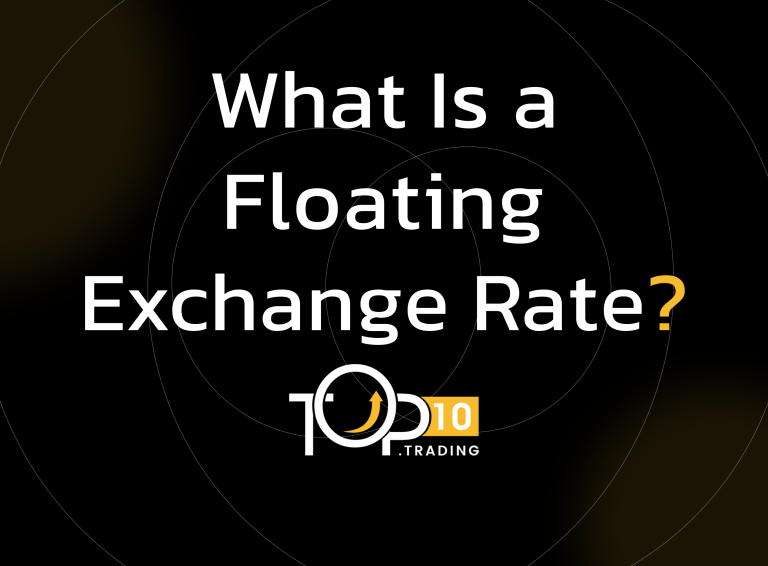Floating Exchange Rate Definition

A floating exchange rate is a currency valuation system where the price of a nation’s currency is determined by the foreign exchange (forex) market based on supply and demand relative to other currencies. Unlike a fixed exchange rate, which is set and maintained by a government or central bank, a floating exchange rate fluctuates freely in response to market forces without direct government control.
Key Takeaways
- A floating exchange rate is determined by market forces of supply and demand without fixed government intervention.
- It allows currency values to fluctuate freely, reflecting economic conditions and investor sentiment.
- Floating rates provide countries with monetary policy flexibility and reduce the need for large foreign reserves.
- Most major world currencies operate under floating exchange rate systems today.
- While floating rates can be volatile, they serve as automatic stabilizers for the economy.
How Floating Exchange Rates Work
- The value of a floating currency changes constantly as traders buy and sell it in the forex market.
- If demand for a currency increases, its value appreciates; if demand falls, the currency depreciates.
- Exchange rates reflect economic fundamentals such as interest rates, inflation, trade balances, political stability, and market sentiment.
- Central banks may occasionally intervene to stabilize excessive volatility but generally allow the currency to float freely.
- While floating rates can be volatile, they serve as automatic stabilizers for the economy.
How Floating Exchange Rates Work
- The value of a floating currency changes constantly as traders buy and sell it in the forex market.
- If demand for a currency increases, its value appreciates; if demand falls, the currency depreciates.
- Exchange rates reflect economic fundamentals such as interest rates, inflation, trade balances, political stability, and market sentiment.
- Central banks may occasionally intervene to stabilize excessive volatility but generally allow the currency to float freely.
- While floating rates can be volatile, they serve as automatic stabilizers for the economy.
Historical Context
- Floating exchange rates became widespread after the collapse of the Bretton Woods system in the early 1970s, which ended fixed currency pegs to the U.S. dollar and gold.
- Since then, most major world currencies—including the U.S. dollar, euro, Japanese yen, British pound, Australian dollar, and Swiss franc—have operated under floating regimes.
Floating vs. Fixed Exchange Rates
| Aspect | Floating Exchange Rate | Fixed Exchange Rate |
| Determination | Market-driven by supply and demand | Set and maintained by government or central bank |
| Volatility | Generally higher, fluctuates constantly | Lower volatility, stable relative to pegged currency |
| Monetary Policy Control | Central banks have autonomy over monetary policy | Limited autonomy; must maintain peg through interventions |
| Reserves Requirement | No need for large foreign reserves | Requires large reserves to defend the peg |
| Economic Impact | Acts as a shock absorber, allowing adjustment | Encourages policy discipline and stability |
Benefits of Floating Exchange Rates
- Monetary Policy Independence: Countries can adjust interest rates and money supply without defending a fixed rate.
- Automatic Adjustment: Exchange rates adjust to economic conditions, helping correct trade imbalances.
- No Need for Large Reserves: Governments do not need to hold vast foreign currency reserves to maintain the rate.
- Reflects Economic Strength: Currency values respond to real economic fundamentals and market sentiment.
Examples of Floating Currencies
- U.S. Dollar (USD)
- Euro (EUR)
- Japanese Yen (JPY)
- British Pound Sterling (GBP)
- Australian Dollar (AUD)
- Canadian Dollar (CAD)
Understanding floating exchange rates is essential for traders and investors as these rates influence currency valuations, international trade, investment flows, and global economic dynamics.
